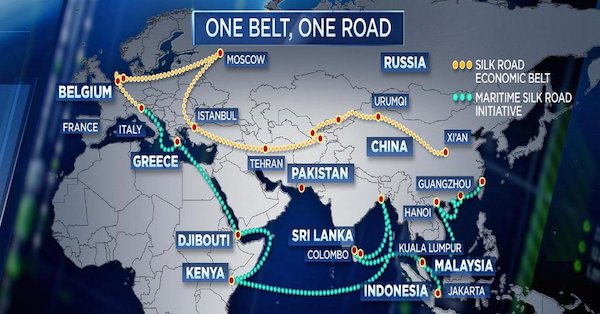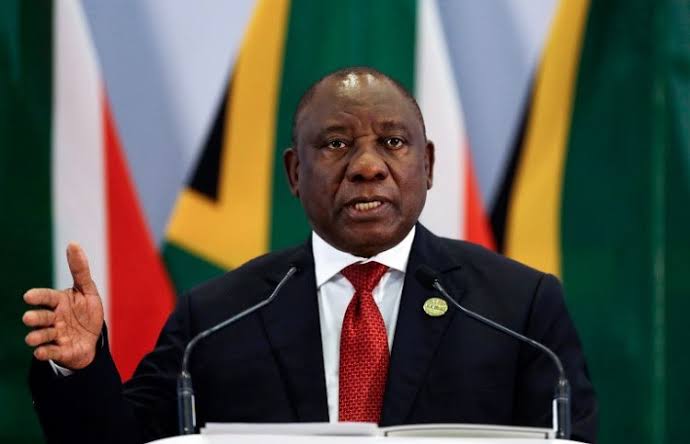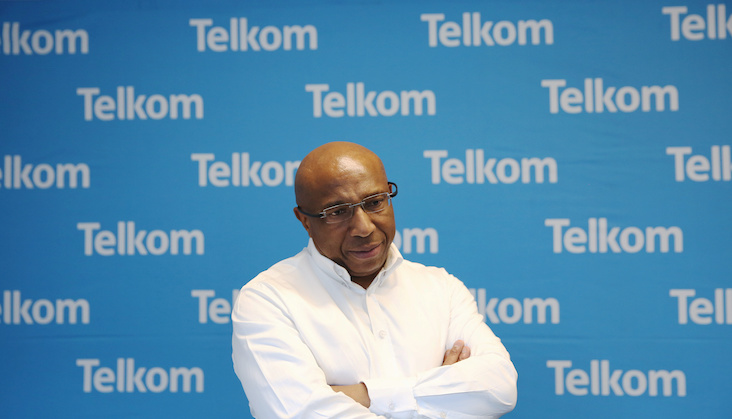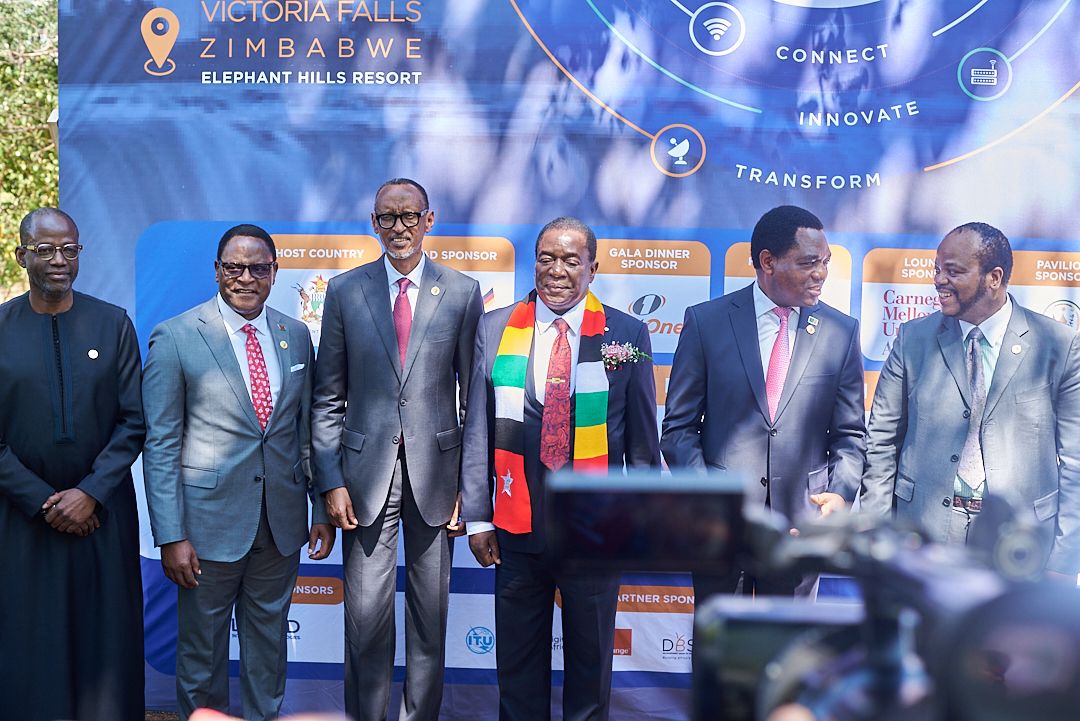China’s Road & Belt Initiative: The Beauty of Shared Arts Premieres on CCTV-1
Amidst the 10th anniversary of the Belt and Road Initiative (BRI), China Media Group (CMG) and the Ministry of Culture and Tourism of China jointly produced The Beauty of Shared Arts, a grand TV program focusing on international cultural exchanges, to showcase the charm of diverse cultures and promote their exchanges. Themed around the Cultural Silk Road, this program welcomes guests from BRI members and offers a panoramic view of cultural interplay, open collaboration, and interaction among diverse cultures through the BRI. Featuring artists in China and beyond, The Beauty of Shared Arts presents viewers with refreshing contents, including singing, dancing, theatrical performances, and acrobatics to showcase the profound fusion of different cultures, as the BRI builds a modern Silk Road for the shared benefit of countries around the world. The program premiered on October 5 at about 8:00 PM on CCTV-1 (https://www.CCTV.com/) and was simultaneously broadcast on online media platforms such as Yangshipin.cn and CCTV.com.

With concerted efforts from member countries, the BRI has yielded fruitful results over the past decade, as it has promoted public well-being and fostered cultural dialogues among BRI members. Following the initiative’s footsteps, The Beauty of Shared Arts shot VCRs and held interviews around the world to fully capture the BRI’s vision: We advocate respect for the diversity of civilizations, the common values of humanity, the importance of inheritance and innovation of civilizations, and robust international people-to-people exchanges and cooperation.
Read also : South Africa and China Strengthen Relationship at BRICS Meeting
In one episode, the program introduced viewers to the touching mentorship between Chinese train conductor Dai Rui and her Laotian counterpart Tong Kangmi on the China-Laos railway. During the episode, the two conductors sang One Belt One Road, together with Laotian singer Atisal Ratana and Hong Kong actor/singer WONG Cho-lam. The BRI has not only connected economies but also created closer ties between people from different nations. Upcoming episodes of the program will also feature guests from African BRI members. Through the program, viewers feel the emotional side of the BRI, as they witness the similarities, mutual understanding, and friendship between different cultures.
From the story of joint BRI contribution to the artistic performances on stage, The Beauty of Shared Arts transcends national boundaries to present direct dialogues between different cultures and arts. For instance, through their shared love for the blue and white porcelain, Director of the Jingdezhen Imperial Kiln Institute WANG Yanjun and famous Turkish artist Adil Can Güven struck an immediate connection on the program. Through innovative stage collaboration between the Turkish Fire of Anatolia Dance Troupe and Chinese dancers for the New Blue and White Porcelain, the program vividly illustrated the artistic charm of the distinct yet harmonious cultures of China and Türkiye, generating fresh cultural dynamics through mutual exchange.
The program offers many other highlights: Serbian singer Slobodan Trkulja and Chinese singer SHA Baoliang creatively adapted the classic song Bella Ciao/Goodbye My Friends; celebrated pianist LANG Lang engaged in a musical dialogue with Kazakh singer Dimash Kudaibergen on the same stage. Through the program, touching stories are seamlessly incorporated into various art forms, including music, dance, and visual aesthetics, to create a series of impressive artistic feasts.
Read also : South African Fintech Stitch Secures $25 Million Investment to Expand Payment Solutions
The Beauty of Shared Arts, broadcast on CCTV-1, invites all viewers to witness the evolution of the BRI, an epic story of our times.
Kelechi Deca

Kelechi Deca has over two decades of media experience, he has traveled to over 77 countries reporting on multilateral development institutions, international business, trade, travels, culture, and diplomacy. He is also a petrol head with in-depth knowledge of automobiles and the auto industry




















